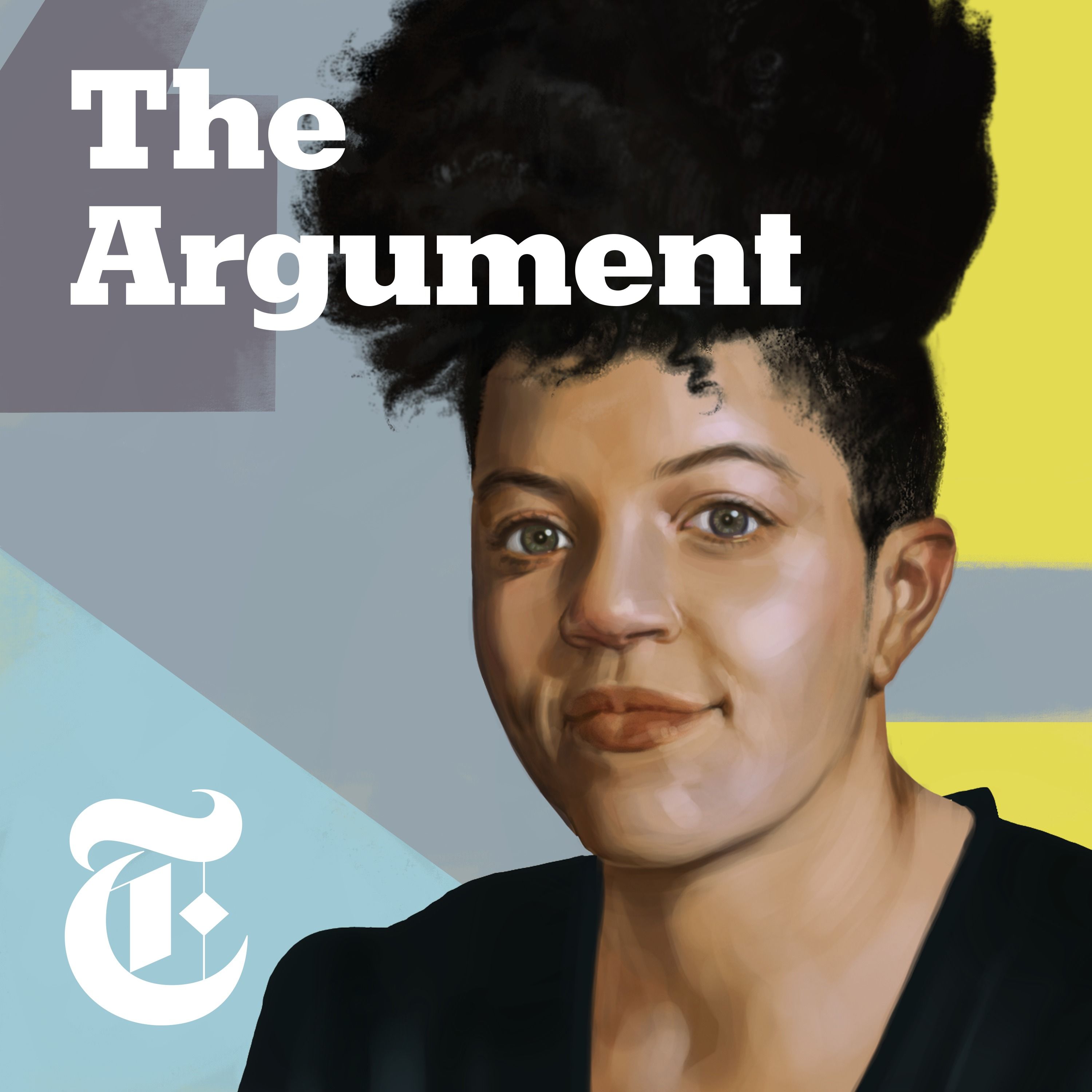Who Decides the Right Way to Protest?
Description
Two years ago, the murder of George Floyd sparked protests across America, gathering an estimated 15 million people into the streets during the summer of 2020. Since then, Americans of all political persuasions have taken to the streets to make their views known, on everything from mask mandates to abortion rights. But did protesting result in any real change? And looking back, where does that moment of collective outrage fit in the broader history of dissent in America?
This week, host Jane Coaston wants to know whether there is a “right” way to protest, and what makes a protest successful. To talk it through, she’s joined by the conservative writer David French of The Dispatch and the Times Opinion columnist Charles Blow. “I think a lot of times what the protest does is that it crystallizes and defines the parameters of morality on an issue,” Blow says. “It is a narrative-setting or -changing event.” But French argues that sometimes, in pursuit of raising awareness, protests can go too far. “If a group of people can menace a public official with enough ferocity that they can undermine the will of the people, you’re really beginning to undermine the notion of democracy itself,” he says.
More Episodes
Published 12/14/22
In her two years hosting “The Argument,” Jane Coaston has changed her mind about many things — from court packing to police reform (though not on whether we should contact alien life). But this year, she has changed her political party; once a proud card-carrying member of the Libertarian Party,...
Published 12/14/22
The United States has a long history of military intervention in other countries. Today, Haiti is in crisis. The country is facing gang violence, extreme hunger and intense political turmoil, sparked largely by the assassination of President Jovenel Moïse last year. And with a call from acting...
Published 12/07/22


